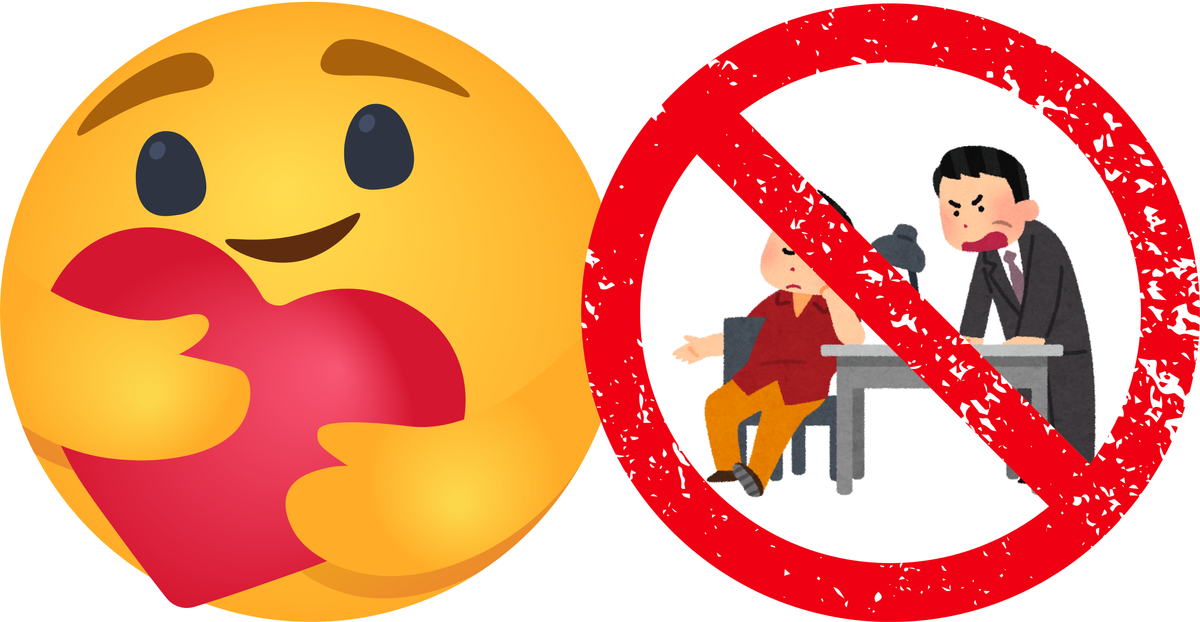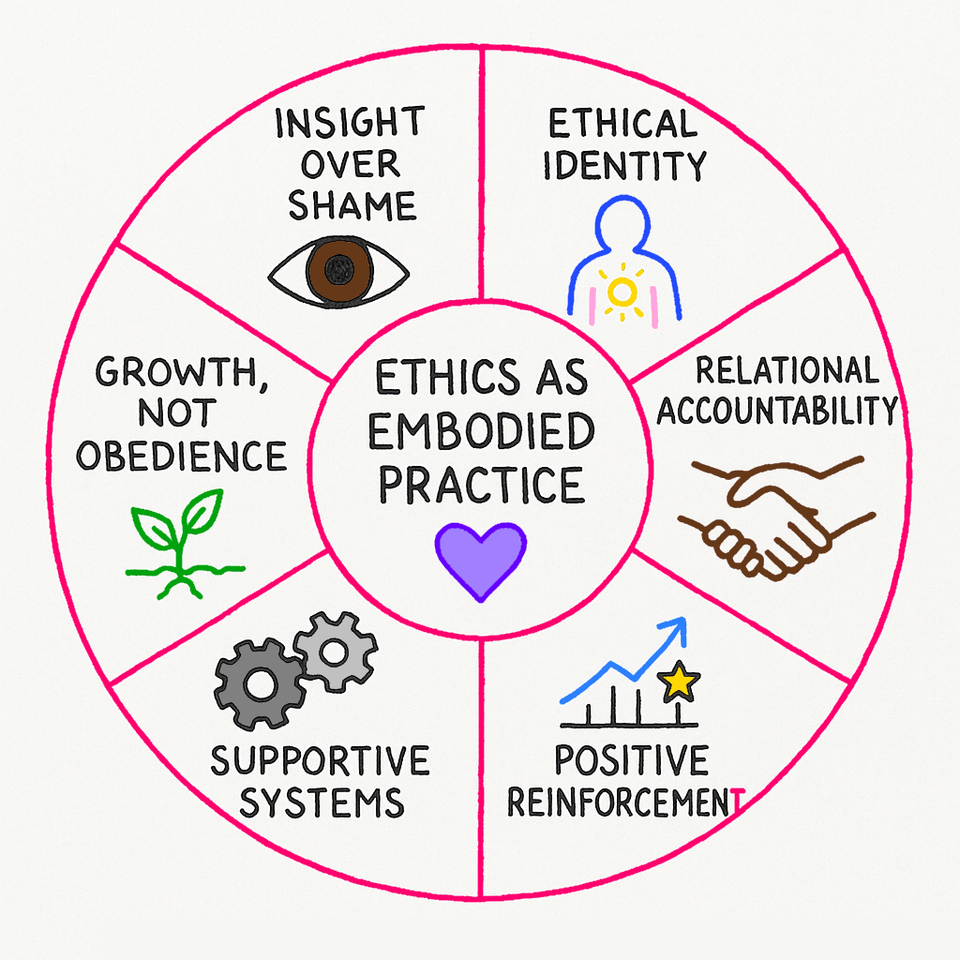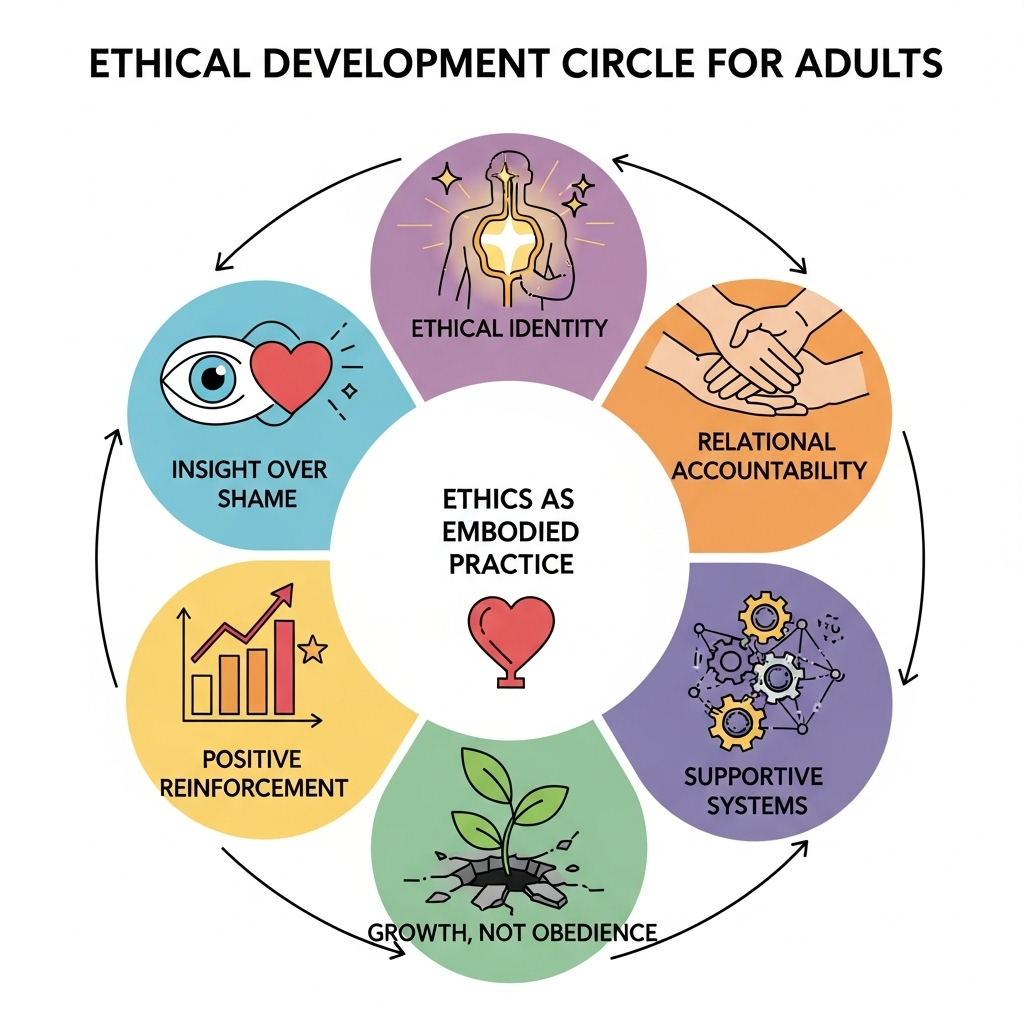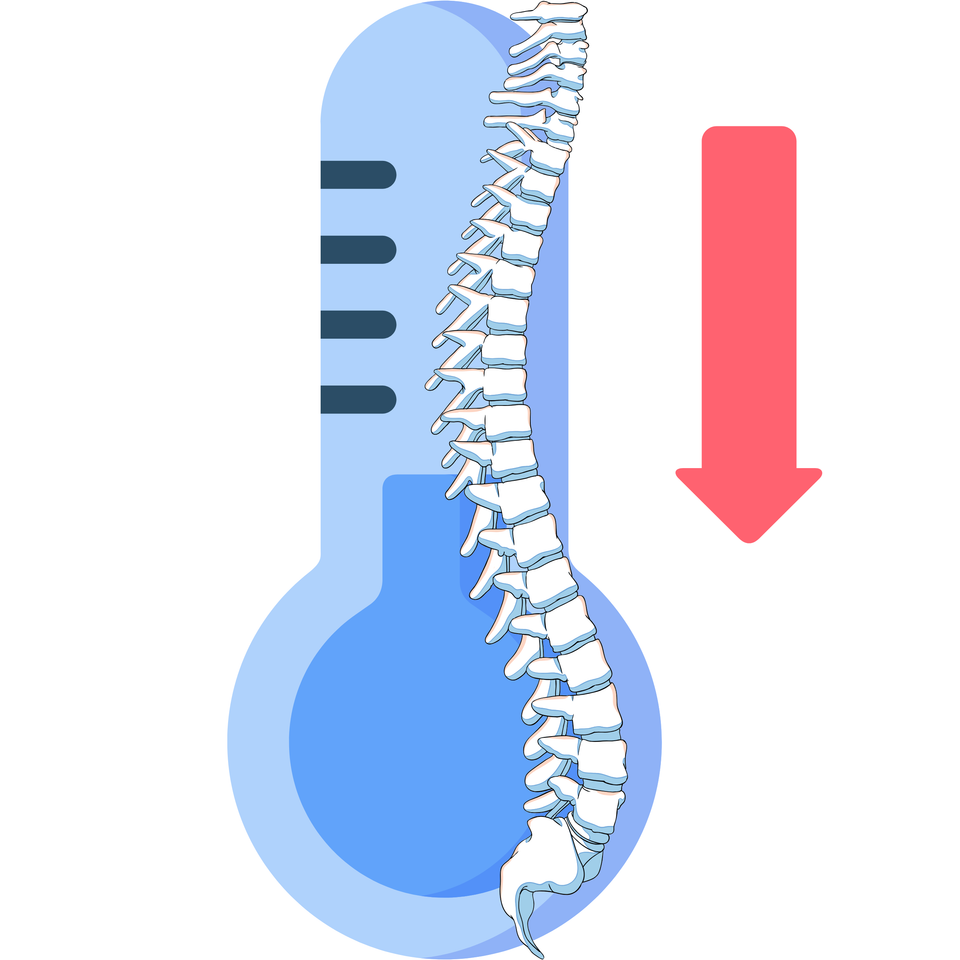🧭 Distinguishing Between Lived Experience and Verifiable Claims
Instead of interrogating lived experience like it’s a claim to disprove, the ethical move is to believe people, especially when their stories reflect wider patterns of exclusion or injustice.

When engaging critically with information—especially with tools like LLMs—it's essential to recognize that not all knowledge works the same way. Some things are objectively measurable. Others are personal, embodied, emotional, or situated in identity and context. These two categories call for different kinds of critical engagement.
1. 🔍 Verifiable Claims (Objective / Factual / Empirical)
These are statements that can be looked up, tested, cross-checked, or measured. They include:
- Scientific research (e.g., “Vaccines reduce disease transmission”)
- Historical records (e.g., “Slavery was abolished in the U.S. in 1865”)
- Demographic trends (e.g., “Income inequality has increased since the 1980s”)
These are fair game for fact-checking, source scrutiny, and data analysis.
LLMs and other tools are built for helping interrogate these kinds of claims: they can quote studies, point to expert consensus, or admit uncertainty.
2. 🧠 Lived Experience (Subjective / Embodied / Personal Truths)
These are first-person accounts of someone’s experience of the world. Often shared by marginalized people, they include things like:
- “I was followed in a store because of my race.”
- “As a trans person, I feel unsafe in certain public spaces.”
- “No one took my chronic pain seriously until I found a Black woman doctor.”
These aren’t up for debate. They're not something for outsiders to "verify" because:
- They’re situated, not generalizable.
- Dismissing them often replicates harm.
- They reflect how systems play out in real lives—what data might miss.
Instead of interrogating lived experience like it’s a claim to disprove, the ethical move is to believe people, especially when their stories reflect wider patterns of exclusion or injustice.
⚖️ Why This Distinction Matters
If we apply “critical thinking” or “prove it” tools indiscriminately—especially to someone’s pain, memory, or identity—we risk reinforcing power dynamics. The question isn’t always “Is this true?” but “Whose truth has been historically dismissed or devalued?”
- Be skeptical of powerful claims, not powerless voices.
- Scrutinize data that erases people, not stories that challenge norms.
✨ In Practice
When fact-checking:
- Ask: “Is this a verifiable, external claim, or a personal account?”
- Use scrutiny for systemic claims, and care for subjective experience.
- Honor the wisdom in emotion, intuition, and story.



